A serious case of profile
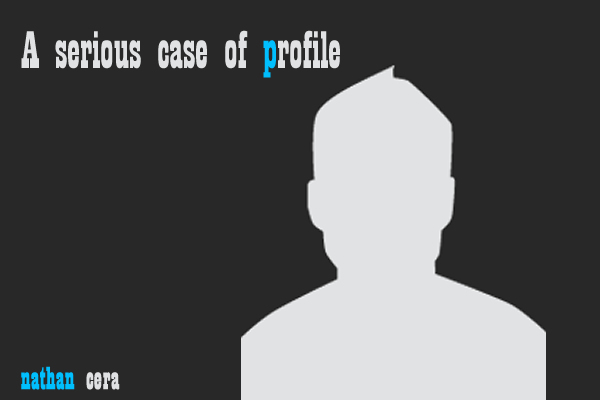
There’s been much written on Radio Today about the radio industry pulling talent from places other than its own ranks. The common argument: “why has the latest reality television star (or sports-person or celebrity) been given that metro job over the many quality regional announcers floating in the pipeline?”
Profile is important. And you can understand the desire of management to exploit it. Profile equates to recognisability, familiarity and after time, credibility, trust and hopefully, likability. It gives the talent immediate familiarity, which would otherwise cost many marketing dollars and take years to build.
It sounds great in theory: so-and-so from reality TV (or YouTube, Instagram, the Spice Girls!?) is now on our radio show – the audience is familiar with them and either likes or dislikes them – in any case the audience knows them and will be much more likely to listen to someone they know than someone they don’t.
However, this assumes radio is nothing more than talking between ads and songs. For instance, as a Big Brother contestant the majority of your time is spent sitting around and talking. The important parameters that exist in radio – time, censorship, set-ups and outs – are all applied after-the-fact in the edit suite. It would be ridiculous to assume you’d get the “edited” contestant when you throw them on a metro breakfast show. Radio broadcasting is a difficult skill to master.
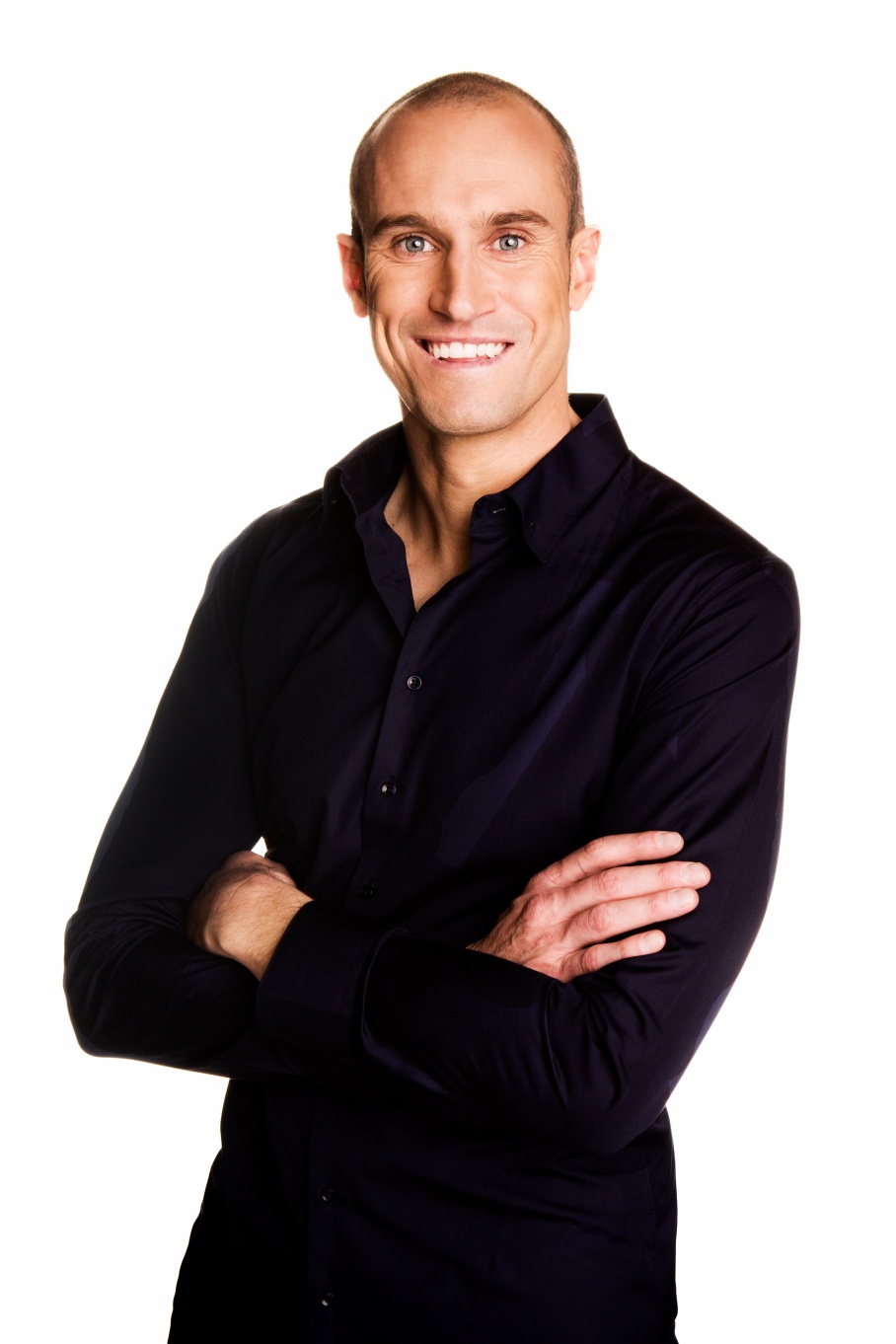 When untrained reality television stars or celebrities are put on high-profile metro shows you devalue formal broadcast education and acquiring skill through time spent in smaller markets. Hiring skilled broadcasters is tantamount to having a successful radio show. Not only do you need to pull listeners in you need to keep them for three hours a morning. Which equates to about 240 hours a year!
When untrained reality television stars or celebrities are put on high-profile metro shows you devalue formal broadcast education and acquiring skill through time spent in smaller markets. Hiring skilled broadcasters is tantamount to having a successful radio show. Not only do you need to pull listeners in you need to keep them for three hours a morning. Which equates to about 240 hours a year!
Some people argue that there’s been many successful television and reality show ports into radio: Ryan “Fitzy” Fitzgerald and Chrissie Swan, among others. These are true examples of people without formal media training who have been successful in radio. But they usually take years to develop.
Fitzy started on sport in Adelaide and has acquired his skills over many years. Chrissie Swan was someone who shook her Big Brother label quickly and didn’t take years to develop: she is the rare exception, not the rule.
The major problem with promoting for profile though, is time. If someone finishes on reality television with a huge profile, management will want to strike while the iron is hot. Knowing the person has little to no radio training, the question becomes: how do we fast-track their radio development, and; given that that skill acquisition will take time will their profile be strong enough to off-set a product that isn’t where it needs to be?
Fast-tracking development and “on the job” experience is difficult given the radio environment. To use an example we’re all familiar with, a reality show contestant is picked to replace a failing metro breakfast show in a bid to increase ratings. Everything, presumably, would have been done to create an environment where ratings didn’t matter and that “improving every day” is the only priority. People know better and understand the fickle environment in which they work. The pressure, though probably silent, would be intense. It’s akin to trying a case in court while studying to be a lawyer.
Radio exists in a much more crowded space than it did 20 years ago, yet there’s less show development and less being spent on marketing. Due, in part, to commercial pressures, it’s the networks than invest in development and multi-platform partnerships now that will endure. The reality of our industry is as true as it is hard to swallow: audiences don’t consume radio the way radio people are used to making it.
Options
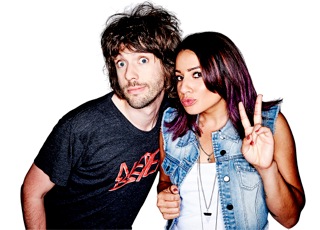 Value the skill of broadcasting. If it were as easy as so many good broadcasters make it sound, everyone’s mate “Dave” would be the “funny guy” on their local radio station.
Value the skill of broadcasting. If it were as easy as so many good broadcasters make it sound, everyone’s mate “Dave” would be the “funny guy” on their local radio station.
Hand-pick people who are great broadcasters and increase their profile. This has been done successfully in the past, with Dan and Maz being the most recent example. SCA built a national profile for them on their network by creating a 6-8pm timeslot in 2013 and then having them on drive in 2014. This enabled them to take over breakfast in Sydney.
Fifi Box, Will and Woody and Hamish and Andy before them have all had weekend and other shows that strengthened their profile.
It’s more important now than ever that talent immediately resonates with their audience given the sea of content we all seem to be swimming in. ARN, SCA, Nova and the other broadcasters have ample opportunities to create profiles for their talent.
In the past we’ve had Hamish & Andy appear on Rove (which could easily be replicated on The Project) and Fifi Box as an Entertainment Reporter on Sunrise (there’s huge opportunity for the right radio person to appear on the numerous morning programs to cover the areas of gossip or music).
Further afield, there are opportunities for radio companies to attack the viral space, whether on Facebook, Instagram or news sites. Comedian Alex Williamson has almost 500 000 Instagram followers, most of his posts being short, obscene observations. That’s where people between the ages of 10-24 are consuming content. BuzzFeed do some fantastic original and relatable videos that garner millions of views. Why not have one of your development shows work just as hard on these? Sam and Dom (through their Collective Noun YouTube channel) are doing some great work along these lines at Hit 105 in Brisbane. The win is two-fold too: you boost the profile of up and coming talent while delivering engaging content that increases your audience numbers.
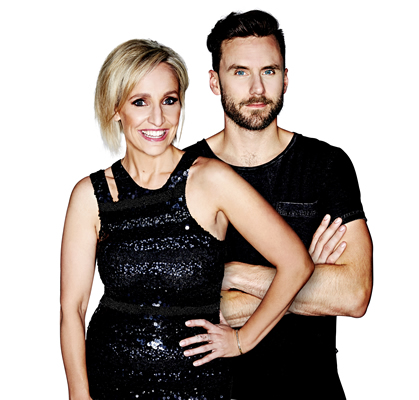 And you must consider the stigma that follows profile-boosting shows like Big Brother: “they all just want to be famous”. Integrity and authenticity are just as important as familiarity. What role will the talent play on the radio show? How do we boost their profile within the confines of that role? Be it gossip, comedy or sport.
And you must consider the stigma that follows profile-boosting shows like Big Brother: “they all just want to be famous”. Integrity and authenticity are just as important as familiarity. What role will the talent play on the radio show? How do we boost their profile within the confines of that role? Be it gossip, comedy or sport.
It makes much more sense to increase the profile of great broadcasters than it does to teach high-profile people how to be great at broadcasting.
Shows are radio’s product and the reason why people will continue to listen. Companies need to invest in development and succession planning. Fifi and Dave in Melbourne is an example of good succession planning. On the flipside, SCA faced what they did in Sydney because they didn’t plan for the chance they might lose their highest-rating show to the competition. It’s an open marketplace so that should’ve been at the very top of their risk management strategy.
Kyle and Jackie-O, in a way, propped up a lot of other shows around the SCA network. On their departure, there was no one left to competitively fill that slot. You can’t just have Kyle and Jackie-O on-air and be content with the dollars they’re bringing in. You need 6 “Kyle and Jackie-O’s” around your network, waiting to take their place.
Time
Longevity in radio comes from numerous factors: ability, marketing, time, familiarity and support (not to mention individual personality traits: likability, humour, friendly, opinionated, etc). In part, Kyle and Jackie-O took so many listeners to KIIS because they are the most familiar show in Sydney – “I know them, I know what I’ll get, I like it, so why would I risk listening to something else?” That audience loyalty takes years to cultivate.
Success is not only having the right talent, but the right content executed better than all of your competitors. If you get that right it becomes a lot easier to ‘control the controllables’: marketing, support, music and production. Then you wait – because it still takes TIME. And if you fail, having done all of this, it’s not because you got things wrong, someone else just got them more right.
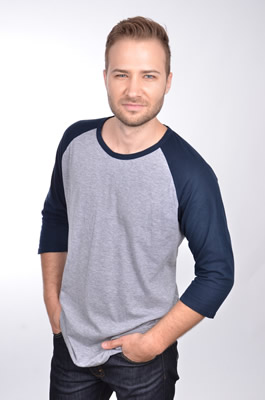 About The Author: Nathan Cera
About The Author: Nathan Cera
Nathan is currently the Music Director and Mornings Announcer at Star 104.5 on the NSW Central Coast.
He also works casually on the Nova Network and can be seen doing the occasional Entertainment Report on Channel 7’s The Morning Show.
Formerly, Nathan was a breakfast host at Sea FM and has completed a Law degree.


